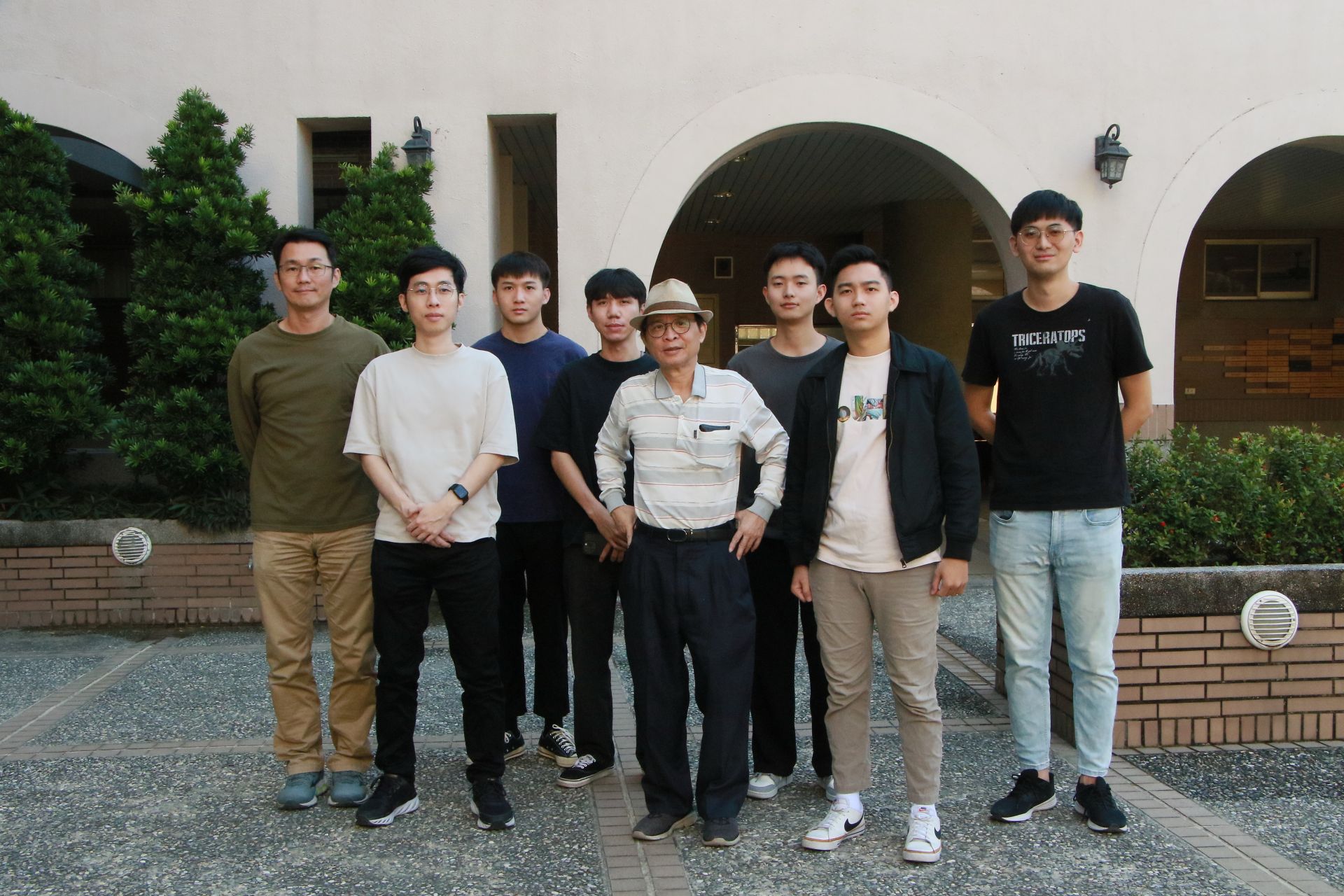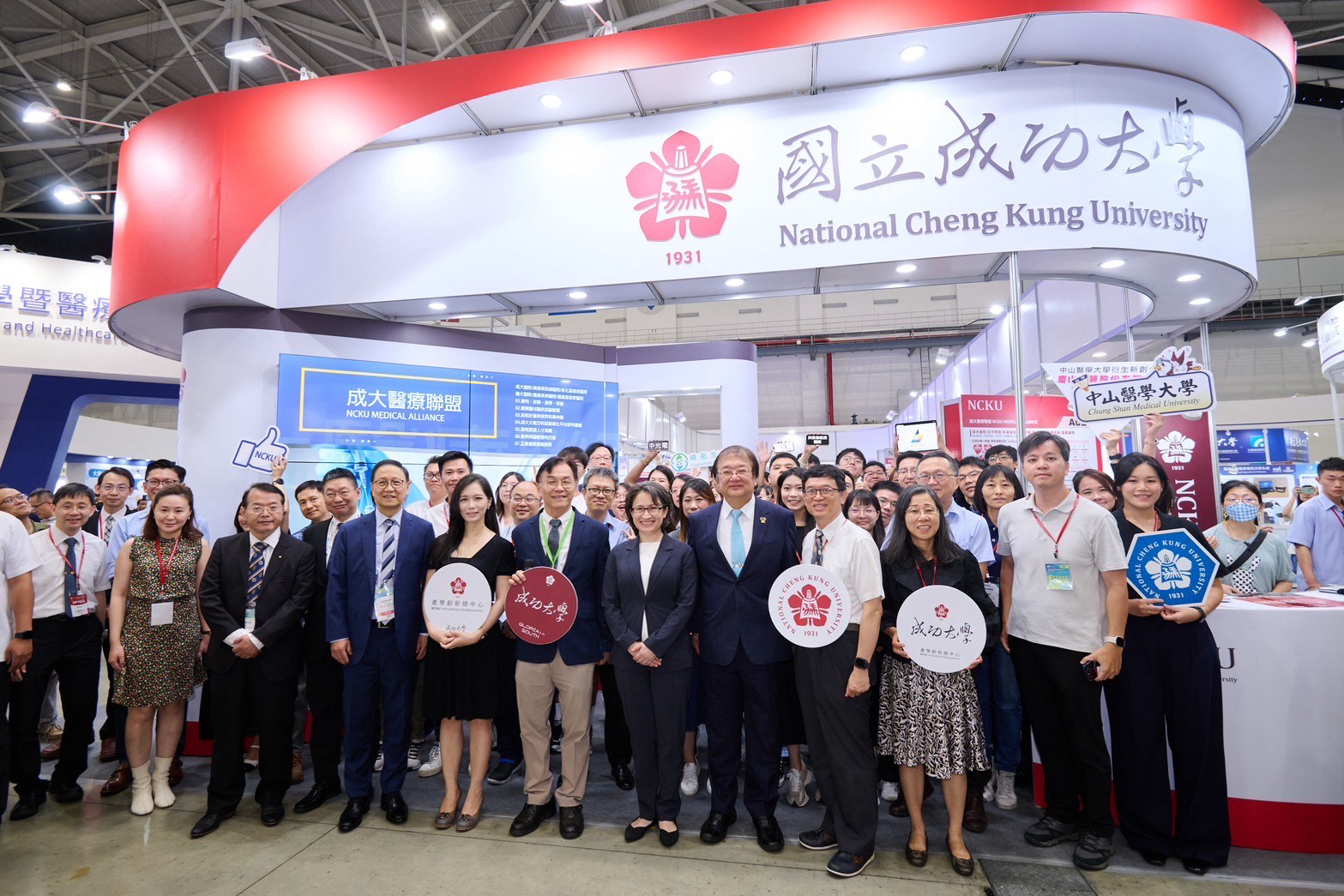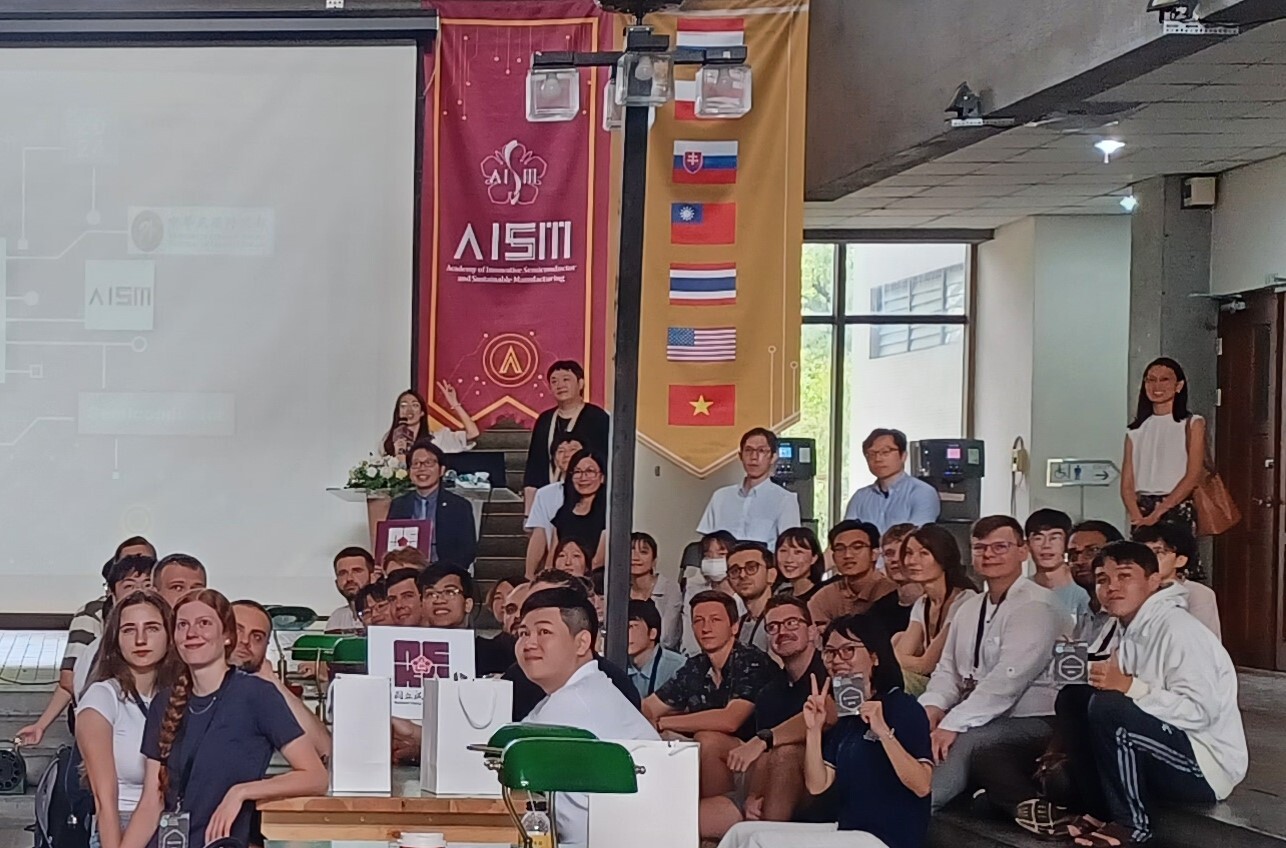NCKU Holds "AI Chip and 3D Packaging Design Seminar" Focused on Next-Generation AI Innovation Technologies
Executive Vice President Yung-Chun Lee of NCKU, representing President Meng-Ru Shen, welcomed numerous guests and delivered a speech stating that the event is highly innovative and visionary, extending Taiwan's strong semiconductor manufacturing capabilities into various industries. Executive Vice President Lee also mentioned that the NCKU Semiconductor Institute will establish an Advanced Packaging Center, aiming to serve as a hub for collaboration between the College of Engineering, the College of Electrical Engineering and Computer Science, and departments such as Physics, Chemistry, and Materials, to foster interdisciplinary integration and innovation. He believes that the rich and diverse seminar content will bring valuable insights and inspiration to the attendees.
Dean Yan-Kuin Su of the AISSM at NCKU stated that with the rapid development of emerging technologies in semiconductors, AI unmanned systems, drones, and unmanned vessels, the transformation and integration of related hardware, software, and technologies are facing numerous challenges. He expressed special thanks to the prominent speakers from industry, government, and academia who attended the seminar to share their valuable insights and inspire the attendees.
The seminar featured a rich and diverse program. The first keynote speaker, Dr. Min Cao, Vice President of Technology Development at TSMC, kicked off the event with a talk titled "Semiconductor Industry Outlook and Frontiers of New Technologies," providing an in-depth analysis of chip miniaturization, the application of new materials, and the current developments in advanced manufacturing processes. Following that, Dr. Zlatko Sitar, Chair Professor from North Carolina State University (NCSU, Raleigh, North Carolina, USA), delivered a lecture titled "Future Power Devices: A Materials Perspective," sharing insights on the potential and challenges of wide-bandgap materials in high-power devices. His research is crucial for the stability and efficiency of future energy systems.
The seminar covered aspects of AI applications and system integration. Mr. Cheng-Kuan Lin, Head of the Committee for Aviation Industry Development at the Ministry of Economic Affairs, analyzed the development strategies of Taiwan's drone industry, discussing the latest government policies and industry collaboration efforts. Dr. Tony Yang, a distinguished professor at the University of British Columbia (Vancouver, Canada), shared practical experience on "Next Generation Smart Construction," combining digital twins, unmanned vehicles, and robotics technologies to propose an integrated model for future smart buildings. Additionally, Jun-Cheng Liu, Chairman of Naron Smart Co., Ltd., recorded a video discussing "Scalable GPT and AI Edge Computing," explaining how to achieve efficient language model operation on edge devices and exploring the potential of AI chips in smart terminals and embedded systems.
The afternoon session focused on advanced packaging technologies and practical challenges. Dr. I-Wen Wu, Chief Design Engineer at AMD, delivered a talk titled "AMD Advanced Packaging: Past, Present, and Future," outlining the evolution of high-performance computing chip design and packaging. Dr. Chang-Chi Lee, Director at ASE’s R&D Center, shared the company's technological breakthroughs and industry strategies in 3D packaging, highlighting Taiwan’s global competitiveness in the packaging sector. Dr. Kun-Yao Ho, CTO of AzTrong Corporation, also presented compelling insights into the applications and challenges of 3DIC packaging in the industry.
This event not only showcased the NCKU Semiconductor Institute's interdisciplinary research strength in AI and advanced packaging — serving as a driving force for the future development of unmanned systems — but also successfully fostered technical dialogue and exchange between academia and industry, as well as between domestic and international communities. It provided NCKU faculty, students, and participants with an inspiring intellectual experience, further advancing the innovation and practical implementation of next-generation AI technologies in Taiwan.
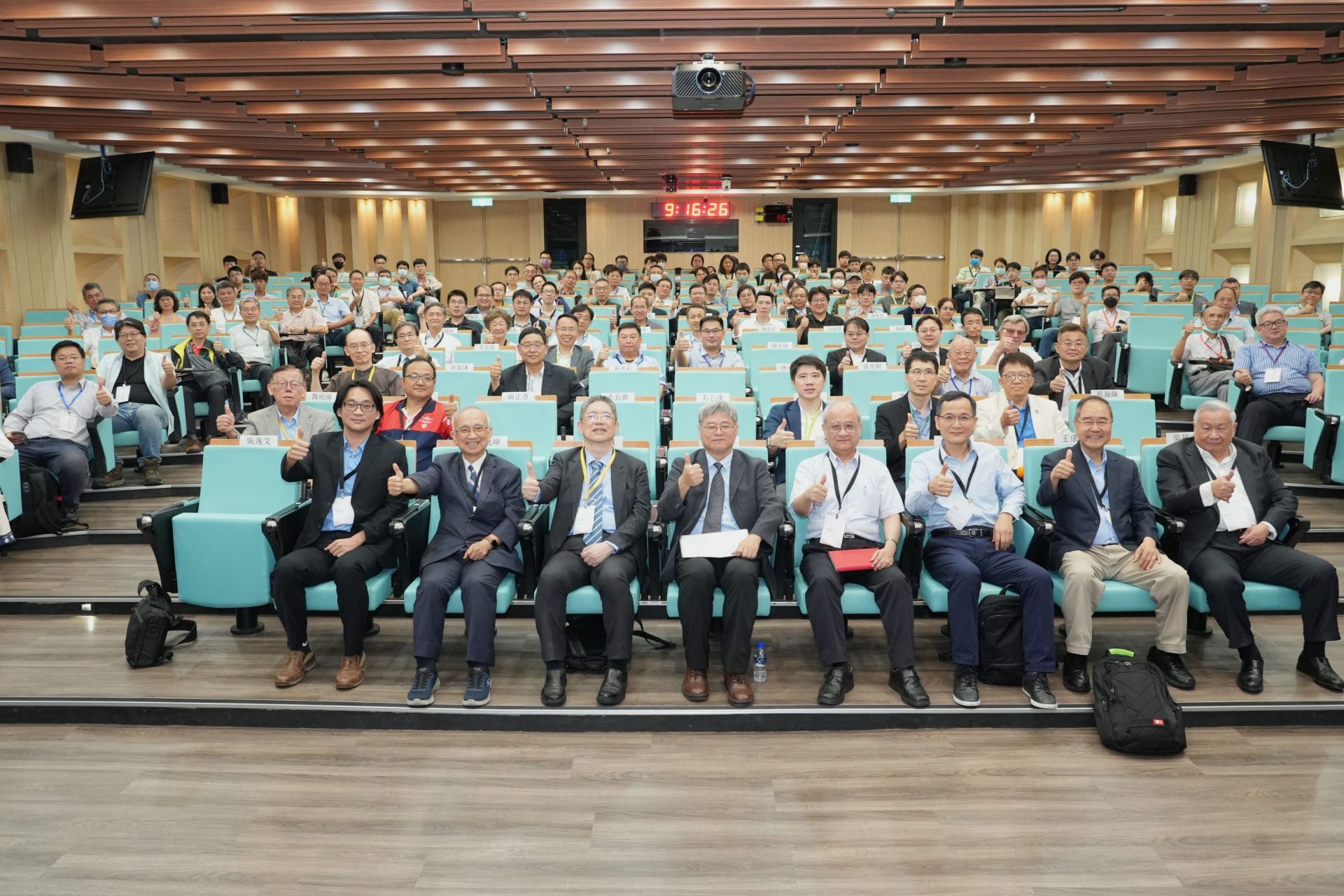
The group photo of participants at the "AI Chip and 3D Packaging Design Seminar" held at NCKU on the 25th
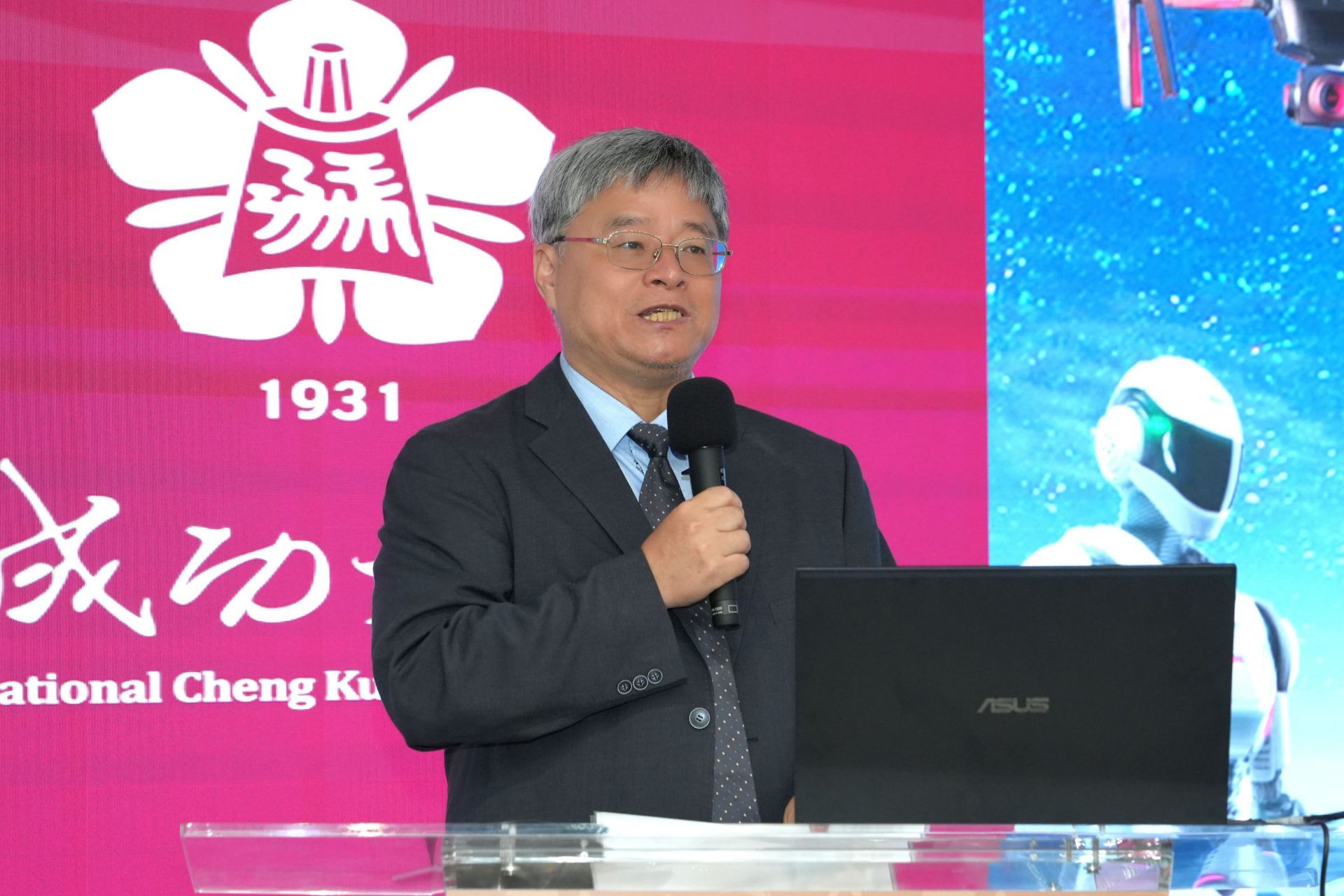
Executive Vice President Yung-Chun Lee stated that this event is highly innovative and visionary, extending Taiwan's strong semiconductor manufacturing capabilities into various industries
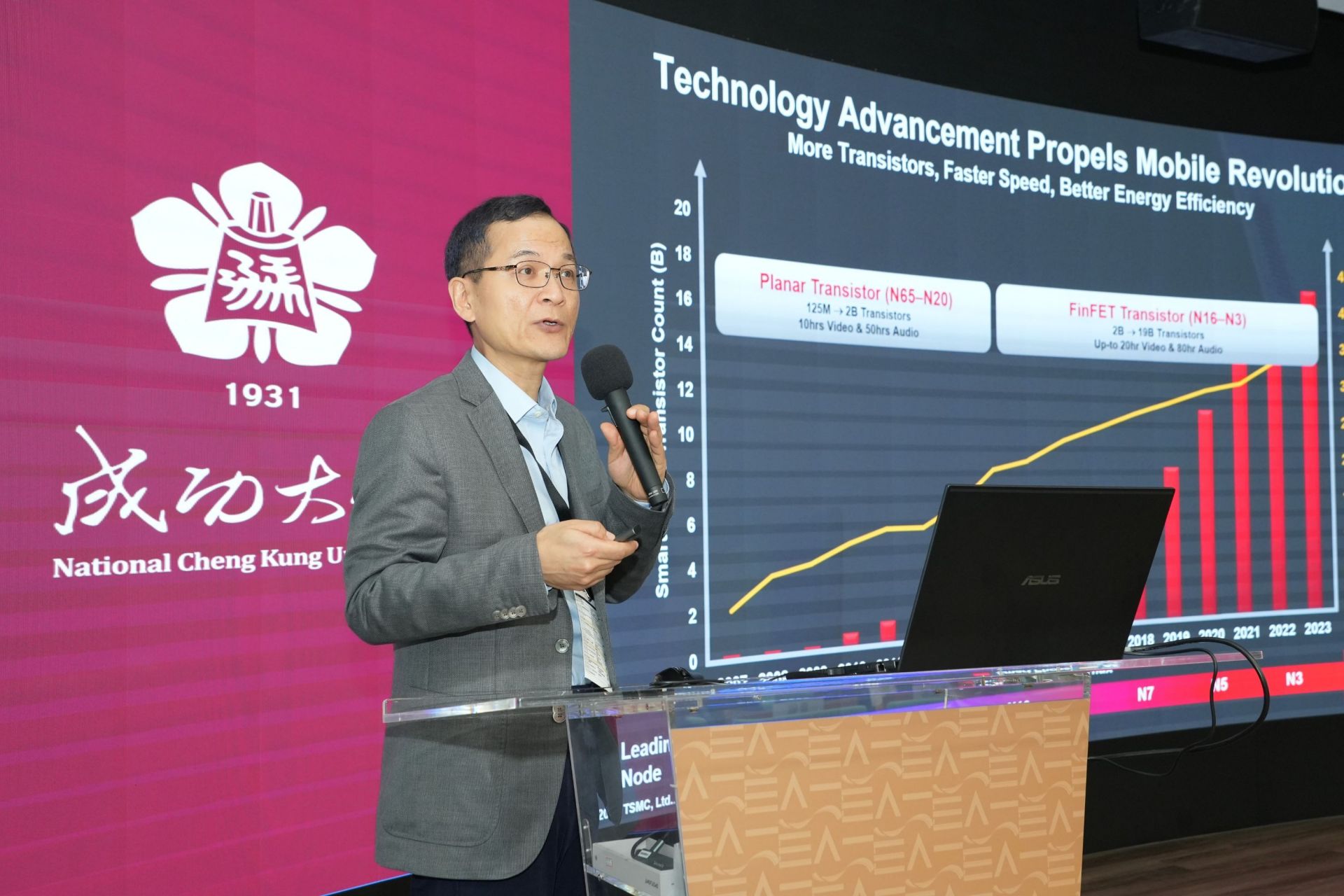
Dr. Min Cao, Vice President of Technology Development at TSMC, provided an in-depth analysis of the current developments in chip miniaturization, the application of new materials, and advanced manufacturing processes
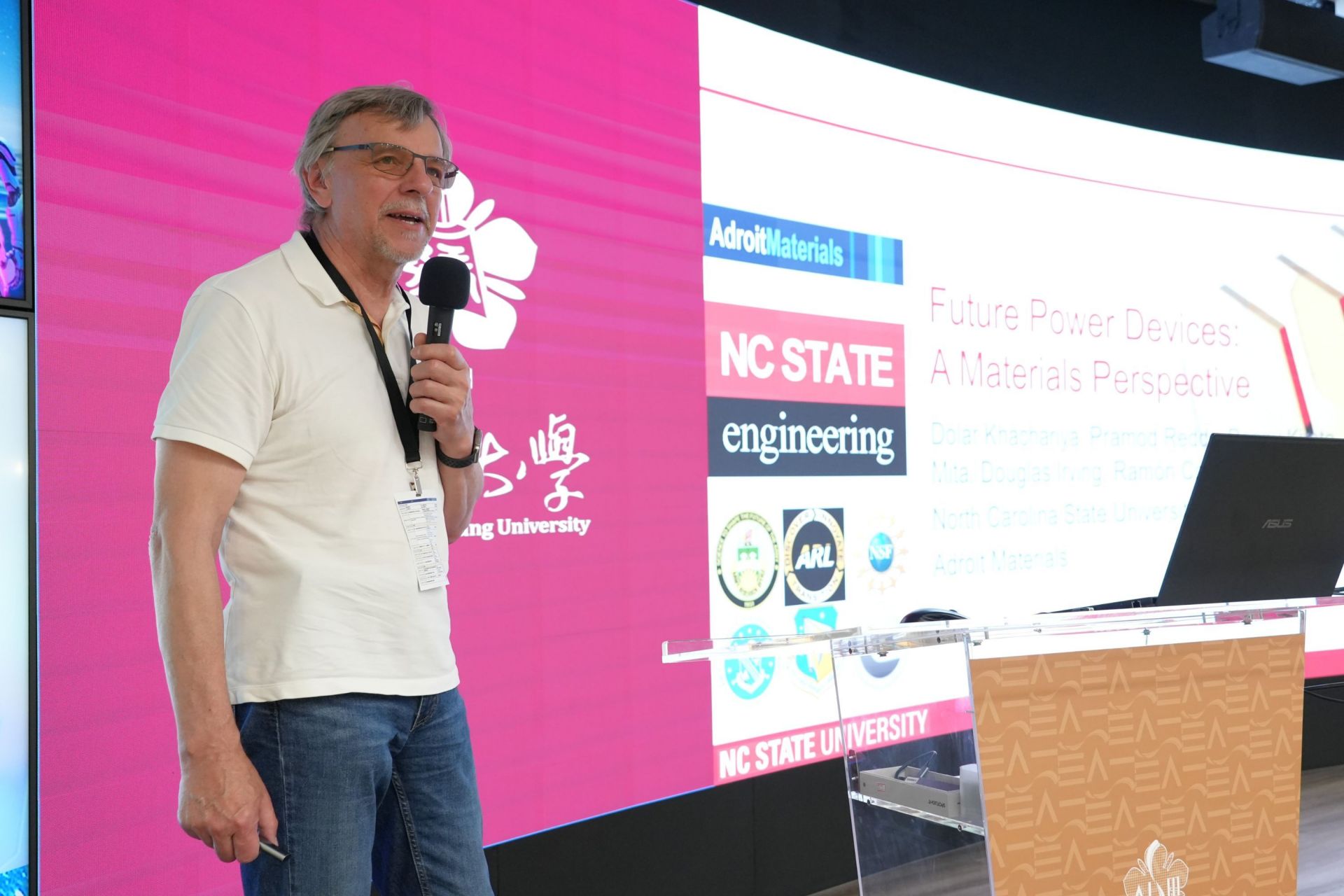
Dr. Zlatko Sitar, Chair Professor from North Carolina State University (NCSU, Raleigh, North Carolina, USA), shared insights on the potential and challenges of wide-bandgap materials in high-power devices
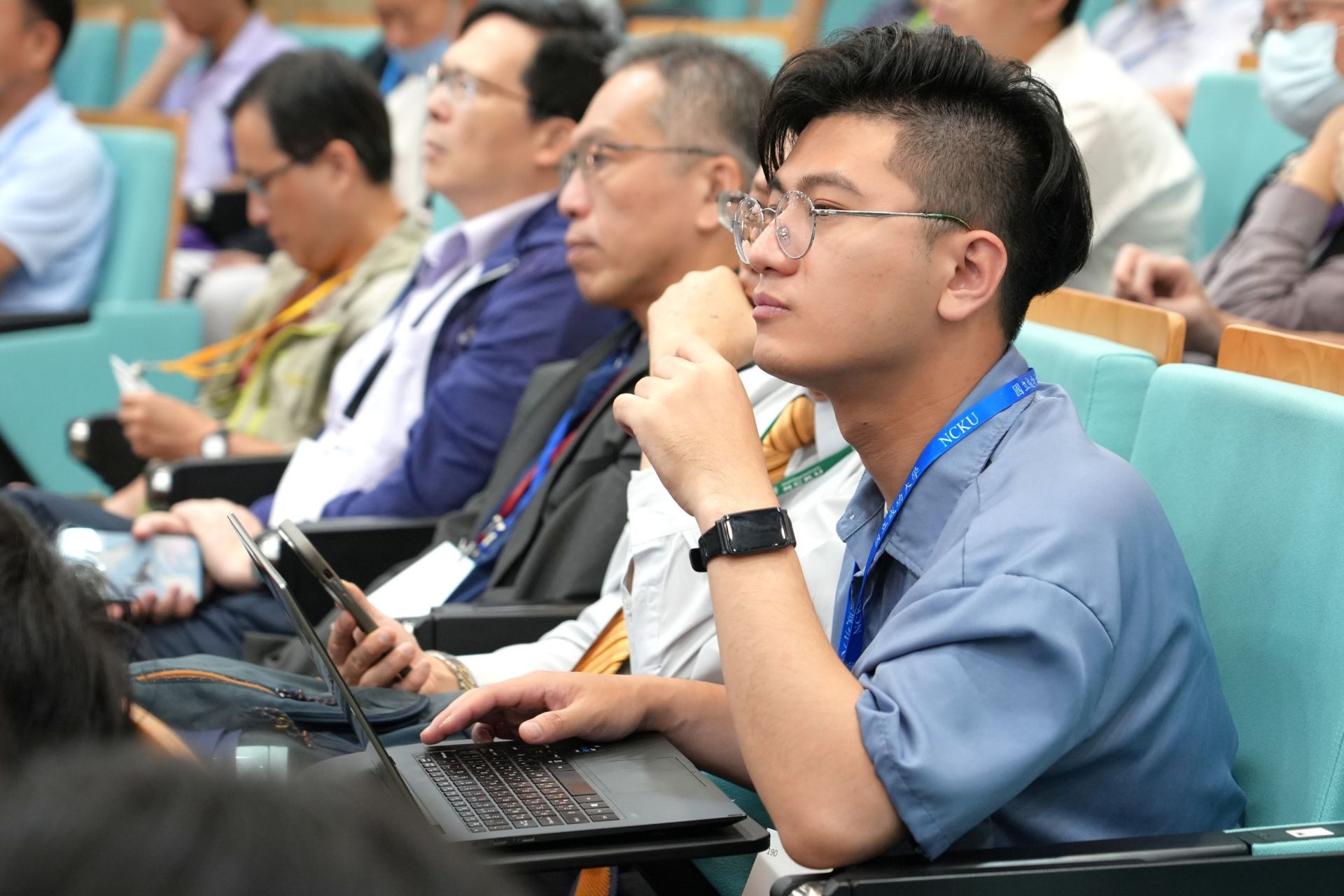
The event was an inspiring feast of knowledge, with attendees attentively listening and engaging in the discussions




